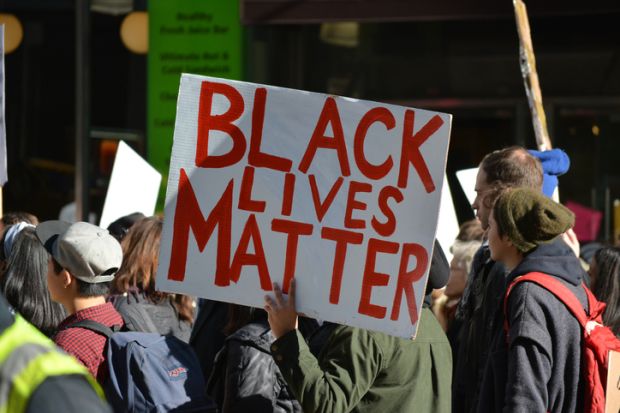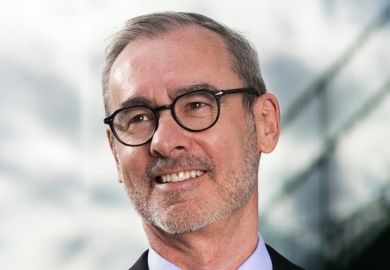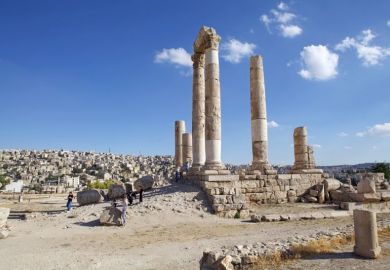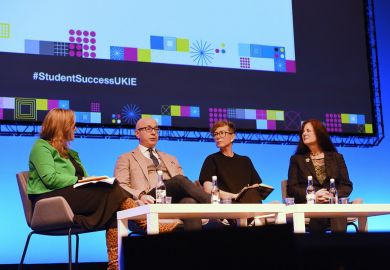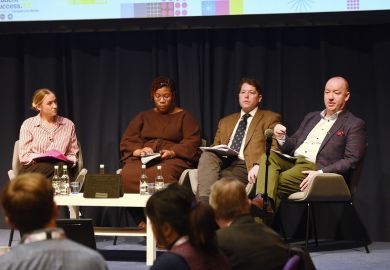Native American people have been left out of responses to the Black Lives Matter movement, the Times Higher Education Leadership and Management Summit has heard.
Jacinta Elston, pro vice-chancellor (indigenous) at Monash University in Australia, said some First Nations, Native American and Native Hawaiian people’s voices were being excluded.
“I know that colleagues in the US who are First Nations peoples weren’t able to really get much look into the issues that they’d experienced. So I think…we’ve got to think about, who are we excluding while we are trying to support?” said Ms Elston, who is Aboriginal. “Sometimes there’s still an element of excluding some voices.”
“The issues that impacted on the Black Lives Matter situation from a racism point of view impact on them [indigenous people] completely. And so there’s a piece of restoration that needs to happen for them as well as for others,” she said.
In response, Michael Goh, vice-president of equity and diversity at the University of Minnesota, an institution located five miles from where George Floyd was killed, said one of his first actions on the job had been to hire a senior director for tribal nations relations. That has helped “take small but significant steps in our relationships with our tribal nations”, he said.
Ms Elston outlined the work that Monash was doing to decolonise its curriculum, which includes modules on indigenous issues that all students must take. “We want people to understand this narrative around traditional ownership, traditional custodians,” she explained. “And to understand that this is still Aboriginal land, that it was never ceded.”
The Black Lives Matter movement had provided indigenous people in Australia with a platform to speak about some of the issues they face, she added.
Register to continue
Why register?
- Registration is free and only takes a moment
- Once registered, you can read 3 articles a month
- Sign up for our newsletter
Subscribe
Or subscribe for unlimited access to:
- Unlimited access to news, views, insights & reviews
- Digital editions
- Digital access to THE’s university and college rankings analysis
Already registered or a current subscriber?
